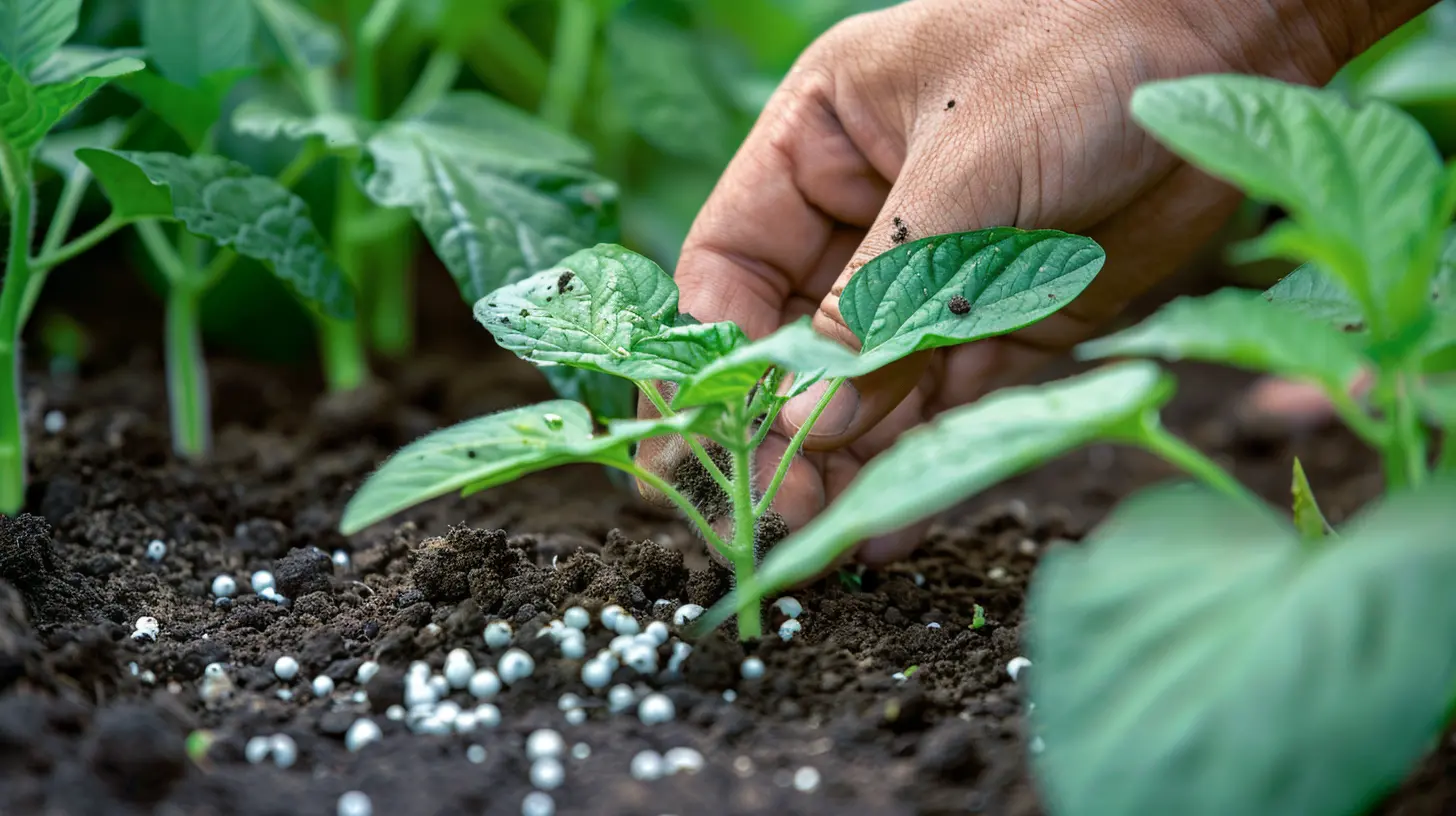
In modern agriculture, achieving high and stable crop yields is the goal pursued by every farmer. Through scientific and reasonable fertilization methods, not only can the yield of crops be significantly increased, but also their quality can be improved, thus gaining more competitive advantages in the market.
Studies have shown that choosing the right fertilizer type and application method, combined with the specific conditions of soil nutrients, can effectively promote crop growth and development. The following are some key fertilization strategies:
Different crops have different nutrient requirements, so choosing the right fertilizer is the first step in fertilization. According to the soil test results, the fertilizer formula can be reasonably adjusted to ensure that the crops receive a comprehensive nutritional supply.
The timing of fertilization directly affects the crop's absorption rate of fertilizer. Generally, fertilization is most effective during key stages of the growing season, such as flowering and grain filling. Proper fertilization time helps crops get enough nutrients during important growth stages.
According to the growth stage of different crops, the fertilization ratio can be flexibly adjusted to ensure that crops can obtain the required nutrients at different growth stages. In addition, avoiding environmental pollution caused by excess nutrition is particularly important for the development of sustainable agriculture.
In terms of fertilization methods, through precision fertilization technologies, such as soil and crop monitoring, intelligent fertilization equipment, etc., dynamic adjustment of fertilizer application can be achieved, thereby effectively reducing the amount of fertilizer used and the negative impact of excessive application on the environment.
Reasonable fertilization is not only for increasing crop yields, but in the long run, the scientific and rational fertilization will directly affect the ecological environment and soil health of farmland. Good soil health can continuously improve agricultural productivity.
In general, the rationalization of fertilization schemes not only reduces farmers' production costs and improves economic benefits, but also lays the foundation for sustained high crop yields. Farmers need to continue to deepen research and practice on fertilization strategies to ensure that higher agricultural production goals are achieved.
Through real and effective fertilization measures, we hope that the future of agriculture will have blue skies and a greener earth.

